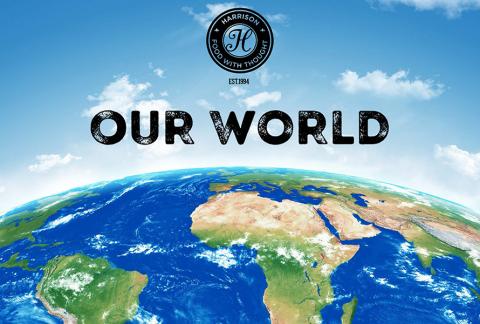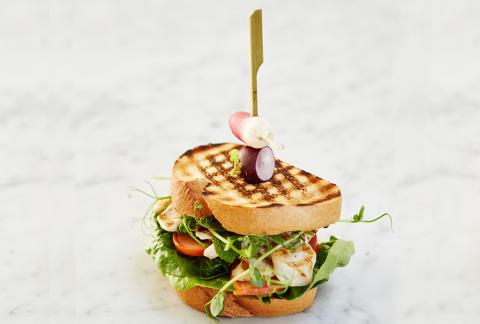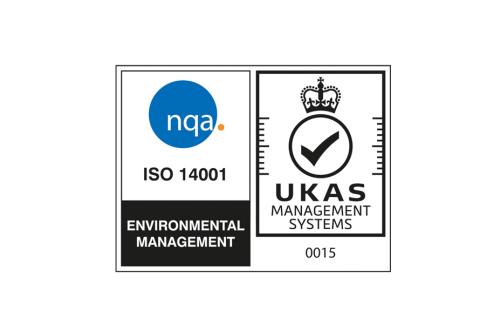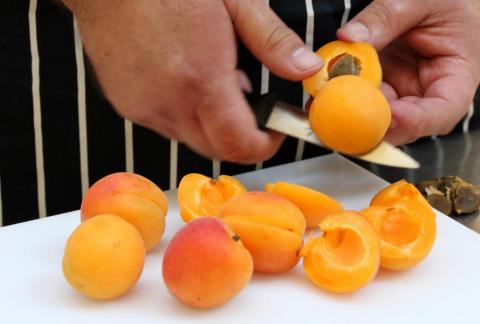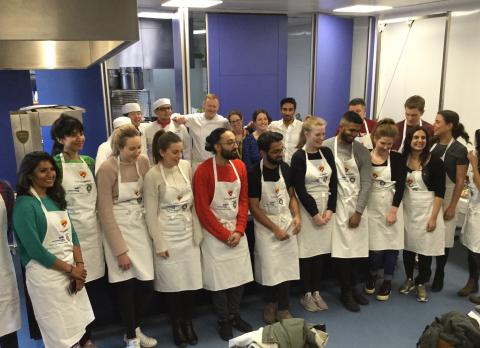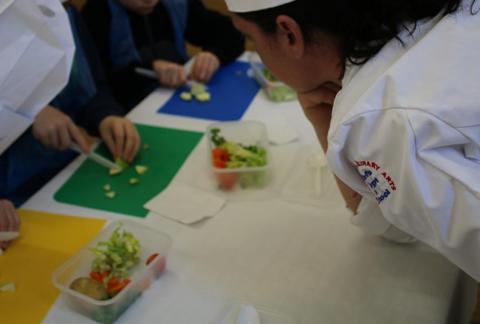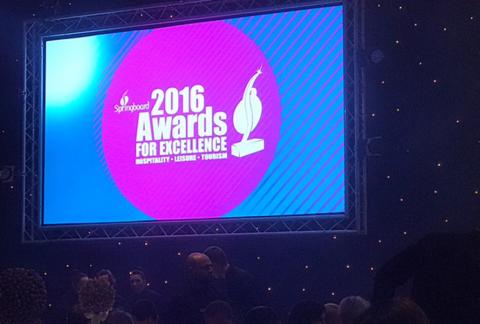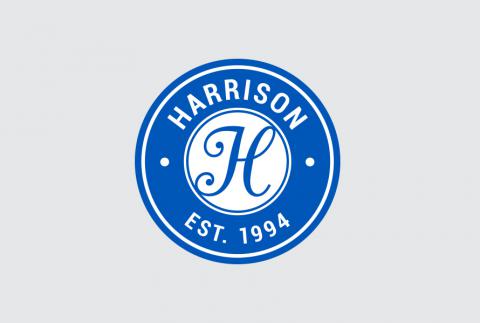Home / News & insights /
17 Jan 2020
Our world!
- Responsibility
Harrison takes its responsibility for the helping the environment seriously; from the sourcing of ingredients to waste reduction and recycling.
Harrison has always been innovative. Since the organisation was founded in 1994, the ethos has always been to create fresh food on site using quality ingredients. British produce is used wherever possible and Harrison works in harmony with the seasons to create delicious and exceptional food. This approach enables our chefs to produce the right quantities of food for the customer base, reducing food waste and minimising the use of packaging. Our menus are varied and include meat free options, enabling our customers choice. Some clients choose to be meat free on at least one day of the week, helping to reduce their environmental impact further.
Long-term partnerships with suppliers have been built up over many years. In order to become partners with Harrison they have to meet stringent health and safety due diligence procedures and adopt industry best practice.
Harrison’s main grocery supplier’s fleet have Euro V1 engines, which are the best performance diesel engines in terms of air quality and emissions. They plan to increase this figure to 66% by July 2020 helping to reduce their environmental impact further. In fact, Harrison waste cooking oil is collected by Olleco and converted to biodiesel. With vehicles using biodiesel from the waste cooking oil that Harrison contributes, we saved approximately 79 tonnes of CO2 emissions per year between January 2018 and December 2018. We are pleased to say that Harrison’s own company car fleet now comprises of 17% hybrid vehicles.Harrison fresh chicken, beef and pork is British and all fresh meat is fully traceable. Fish is from sustainable stock and is not on the endangered list. Since 2014, Harrison has only used UK free-range eggs.
Harrison were early adopters of compostable packaging and have used Vegware branded products since 2014. These are made from renewable, sustainably-sourced, natural materials (trees, corn and sugar cane) and recycled materials and emit significantly less CO2 during manufacture than conventional packaging. The products are certified completely compostable in under 12 weeks. By switching to plant-based packaging between January and December 2018 Harrison saved 7.6 tonnes of fossil-based packaging and 3.3 tonnes of virgin materials.
We are all responsible for the impact we have on the environment and are keen to help protect it for future generations.
